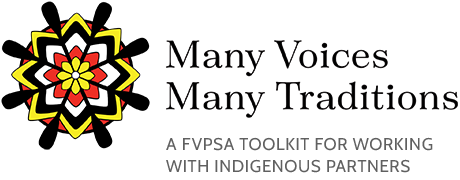Indigenous (Tribal) Nations have for too long been forgotten and their history misunderstood or erased. To fully understand the current conditions of Indigenous Nations there must be an understanding of the complete history and experiences of Indigenous Peoples. Engaging with Indigenous Nations creates an opportunity for a paramount appreciation and acknowledgement of the unique experiences of each Nation in your state.
There is not one part of the current United States that was not the ancestral lands to Indigenous Nations. This is important because some states do not work with or are not aware of Indigenous Nations due to the mistaken belief that if there is not a federally recognized tribe in the state then there are not Indigenous people or nations. There are currently 574 federally recognized Tribes in the United States. Each Tribe is a sovereign nation and has their own unique governing structure, culture, language, and traditions. Additionally, there are Indigenous Nations recognized by state governments, and Indigenous Nations that are not acknowledged by the state or federal governments. While there are requirements related to federal recognition in order to receive FVPSA funding directly from the federal government, Indigenous Nations are not required to be federally or state recognized to receive pass-through FVPSA funding from the state.
In this section you will find a timeline of important dates and events, information on jurisdiction and sovereignty and public law 280. Alaska and Hawaii are presented as separate categories to reflect the different experiences these Indigenous Nations have endured compared to the experiences of the Indigenous Nations in the contiguous 48 states.
We encourage you to spend time getting familiar with this section as it will help prepare you to outreach and engage with Indigenous Nations in a respectful manner. Keep in mind that the unique history and experiences of individual Indigenous Nations and culture cannot be fully explained in one document. As part of your outreach and engagement with each Indigenous Nation you will need to do your own additional research and education. This toolkit is only a starting point to learning about Indigenous history and the ongoing impact of racist and antiquated policies and broken treaties.
